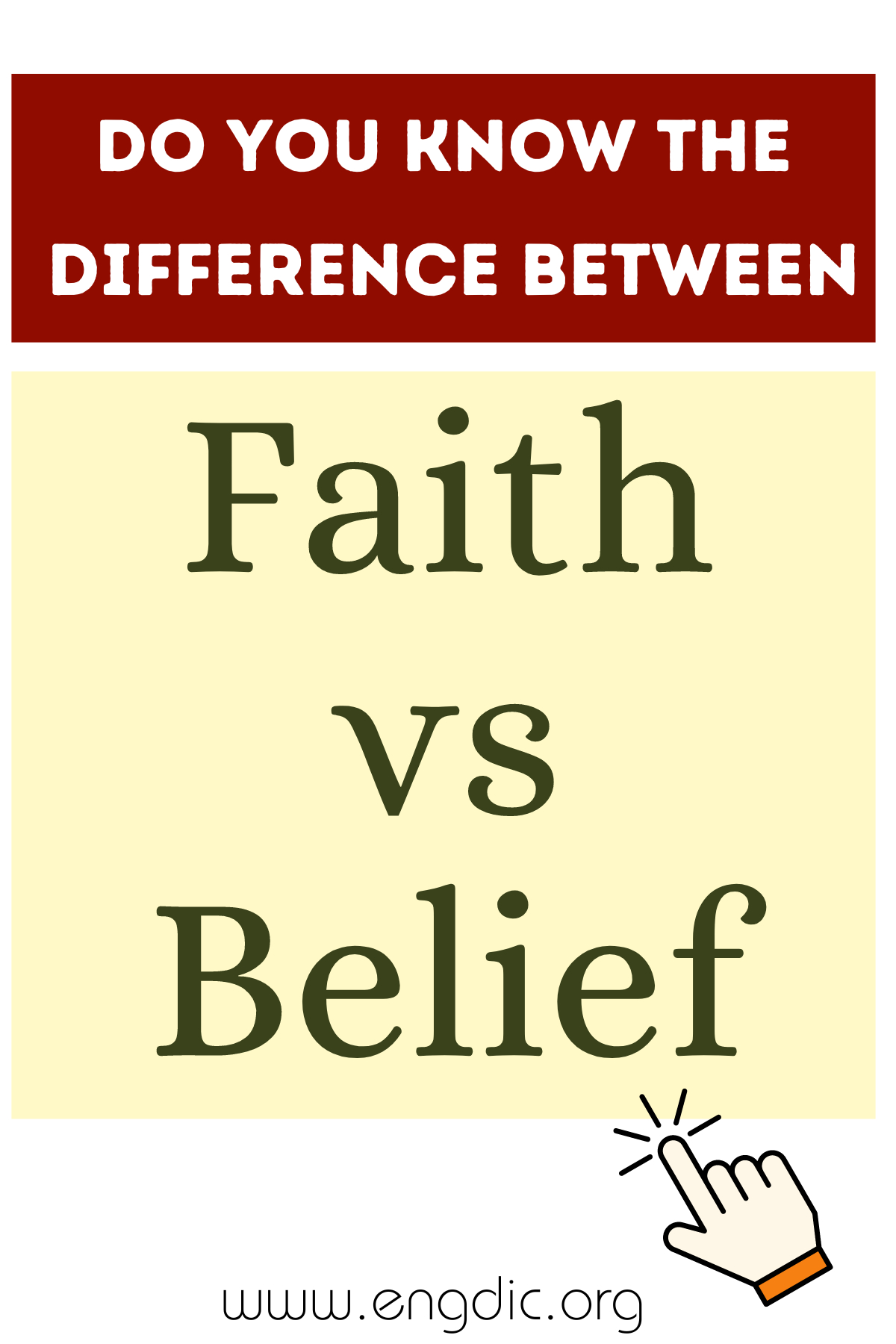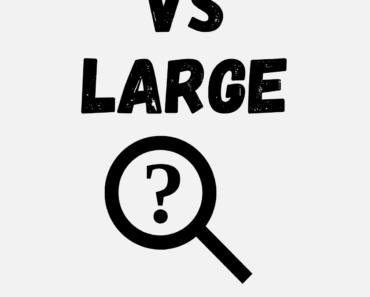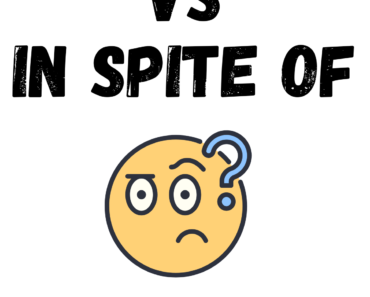Faith and belief, though often used interchangeably, have distinct meanings.
- Faith refers to a strong conviction in something, often without tangible evidence, deeply rooted in trust and spirituality.
- Belief, on the other hand, is an acceptance that something is true or exists, often backed by logical reasoning or evidence.
While faith emphasizes trust, often in a spiritual or religious context, belief centers on an intellectual acceptance of facts or principles, forming the basis of ideas and understanding.
Faith
Definition: Faith is complete trust or confidence in someone or something. It often denotes spiritual conviction without requiring physical evidence.
Usage: Faith is frequently used in a religious context, indicating a firm belief in a deity or spiritual doctrine. For instance, “Her faith in God kept her strong during difficult times.”
Examples:
- Religious Faith: Christians have faith in the teachings of Jesus Christ.
- Trust in Others: “I have faith in my team’s ability to complete the project.”
Belief
Definition: Belief is the acceptance that something exists or is true, especially without proof.
Usage: Belief encompasses ideas, principles, and convictions accepted as true, often influenced by knowledge, culture, or experience. It applies to both religious and non-religious contexts. For example, “She holds a belief in the power of positive thinking.”
Examples:
- Scientific Belief: “Scientists hold a belief in the theory of evolution.”
- Personal Belief: “His belief in hard work paid off with his recent promotion.”







